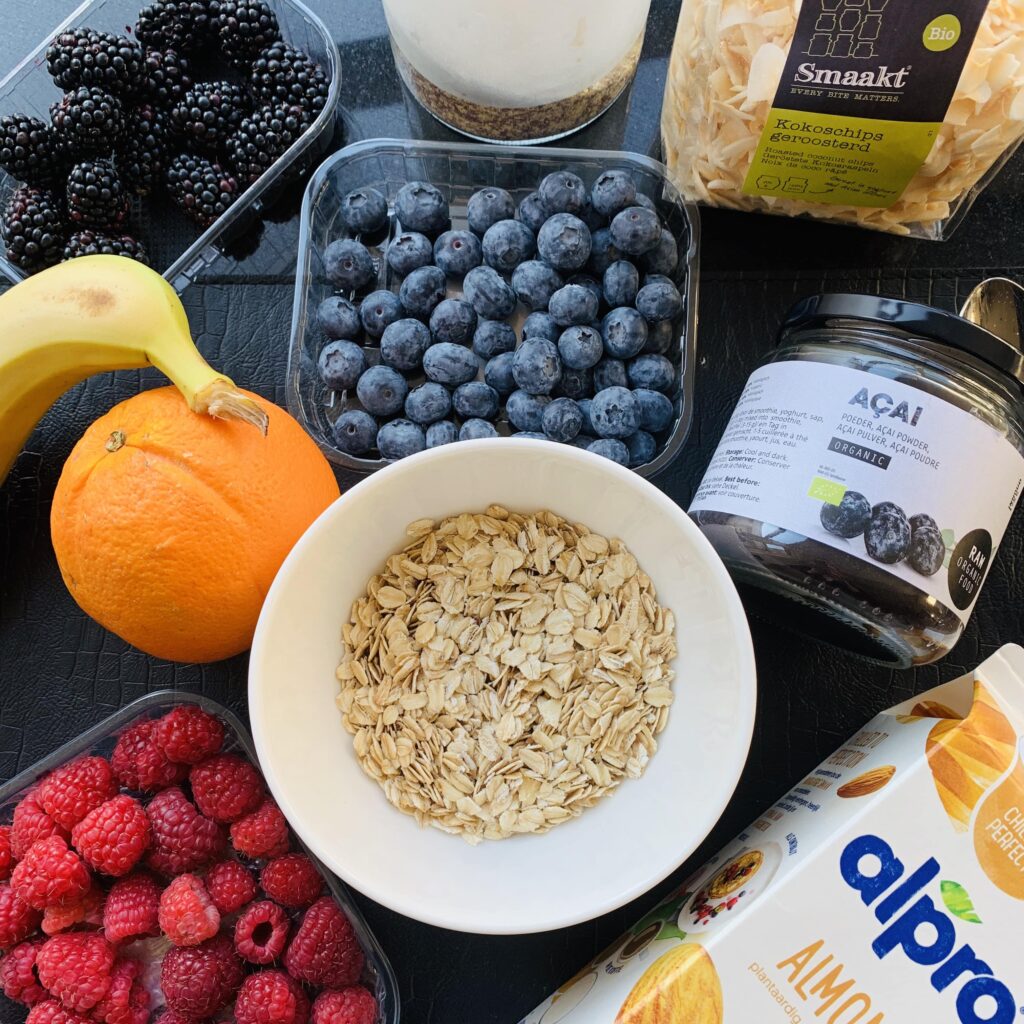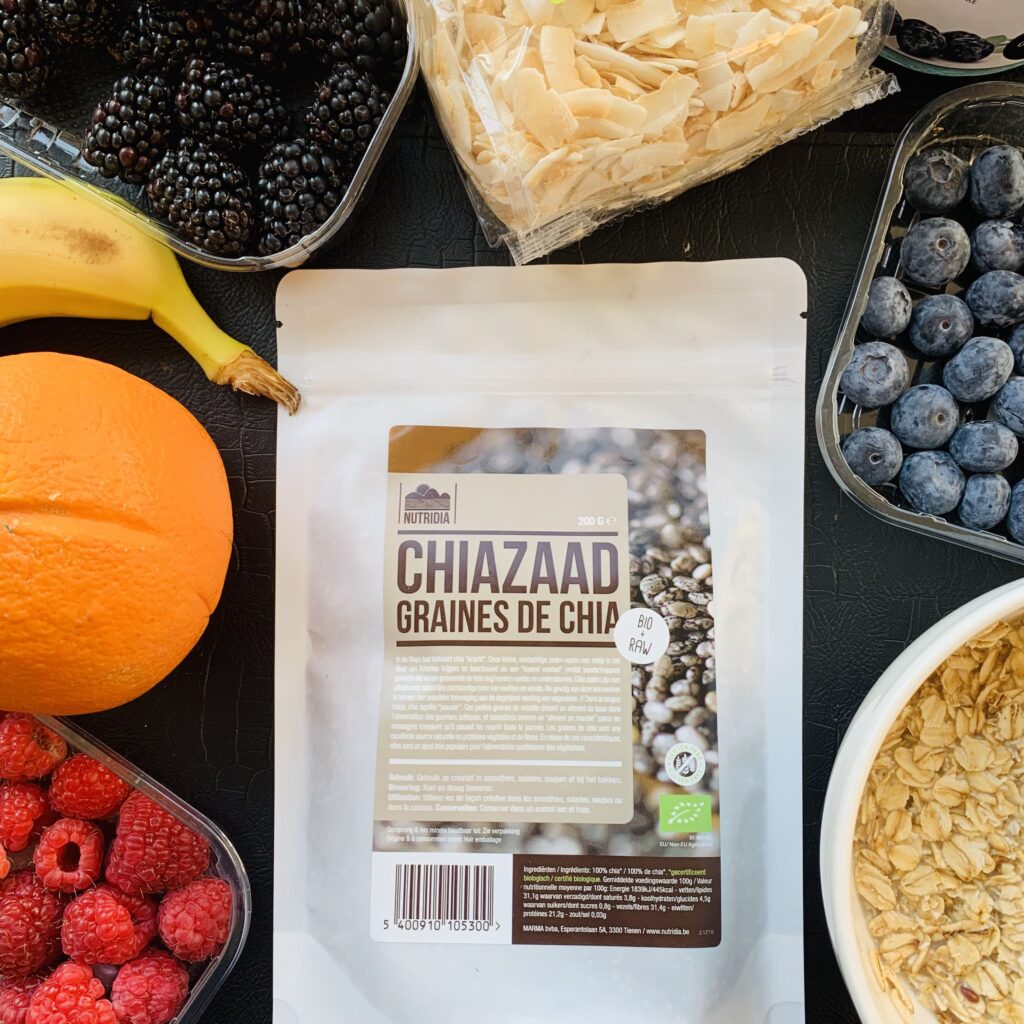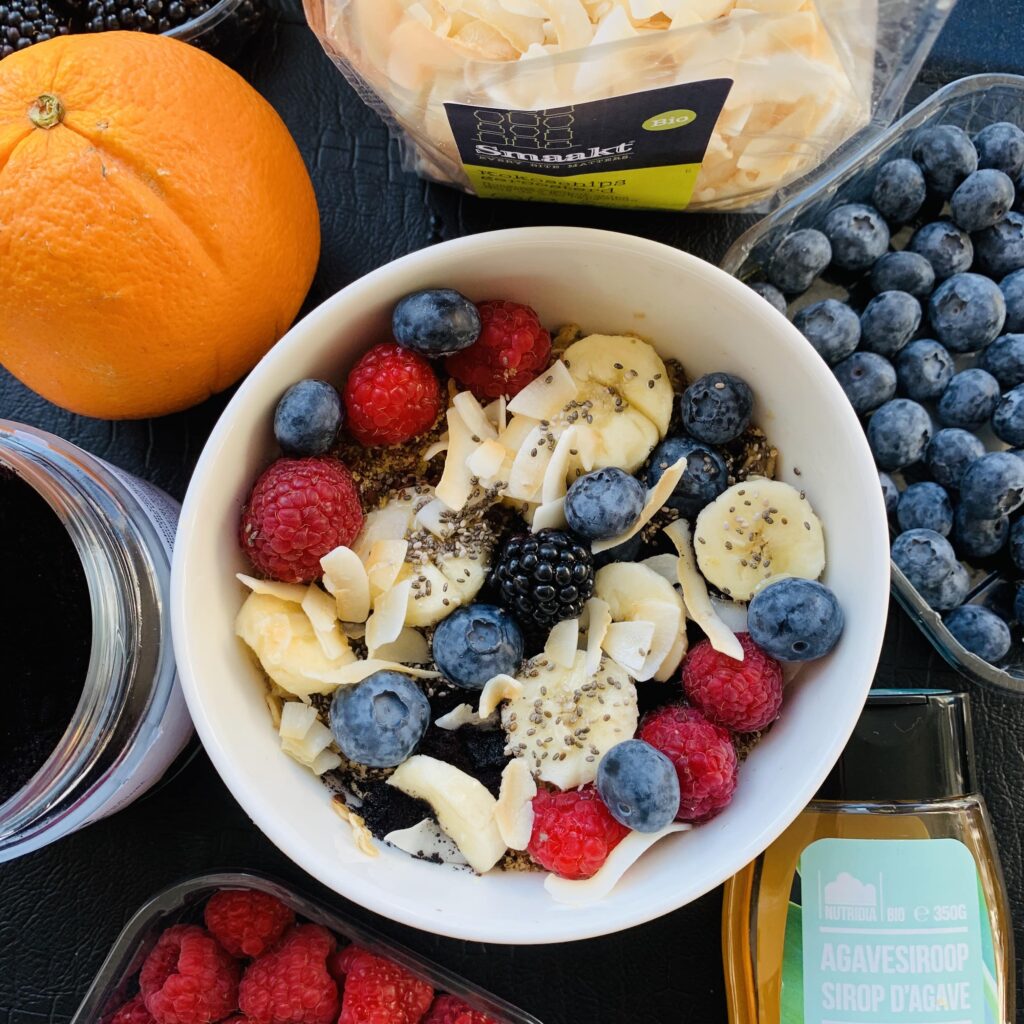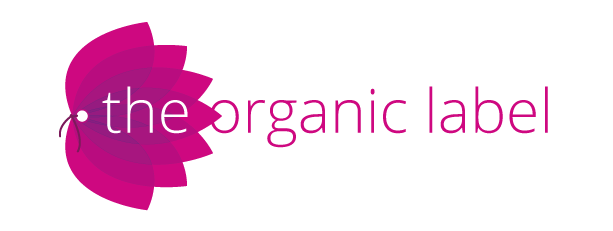Hi Organic Lovers,
Breakfast is often called ‘the most important meal of the day’, and for good reason. As the name suggests, breakfast breaks the overnight fasting period. It replenishes your supply of glucose to boost your energy levels and alertness, while also providing other essential nutrients required for good health.
Probably the most appealing benefit is that breakfast jumpstarts your metabolism and, thus, helps you burn more calories throughout the day. It also gives you the energy you need to get things done and helps you focus at work or at school. Those are just a few reasons why it’s the most important meal of the day.
Furthermore, many studies have linked eating breakfast to good health, including better memory and concentration, lower levels of “bad” LDL cholesterol, and lower chances of getting diabetes, heart disease, and being overweight.
Many people skip the a.m. meal because they’re rushing to get out the door. That’s a mistake. When you skip breakfast the message your body gets is that it needs to conserve rather than burn any incoming calories. Also you may get so hungry later on that you snack on high-fat, high-sugar foods.
“Studies have found that although people who skip breakfast eat slightly fewer calories during the day, they tend to have higher body mass index, or BMI,” says Christy C. Tangney, PhD, a clinical dietitian at Rush University Medical Center and an expert on the effects of diet and nutrition on heart health.
“We use BMI, the ratio of a person’s weight compared to height, as an easy measure of whether someone is in the range of his or her healthy weight or not,” she says. “A BMI of 25 or higher, for example, indicates that someone is overweight and needs to take action to come back to their ideal weight.”
Advantages of eating in the a.m.
Various studies have found different benefits of starting your day with breakfast, including:
- Having a lower BMI
- Consuming less fat through the day
- Meeting recommendations for fruit and vegetable consumption
- Having higher daily calcium intake
- Having higher daily fiber intake
- Having better performance (memory and attention) (for school-aged children)
What do I usually eat for breakfast?
When I wake up (usually around 6am), the first thing I do is drinking warm water with freshly squeezed lemon juice. Drinking warm or hot lemon water when you wake up may help get your digestive system moving.
Ayurvedic medicine (one of the world’s oldest medical systems and remains one of India’s traditional health care systems)* says the sour lemon taste helps stimulate your “agni.” In ayurvedic medicine, a strong agni jump-starts the digestive system, allowing you to digest food more easily and helping to prevent the buildup of toxins.
In addition to the fresh lemon juice (I wait 20-30 min.), I usually just eat organic whole rolled oats (oat flakes) with almond milk combined with chia seeds and crushed flax seeds.

When I have more time, I try to include the following products (see pictures in this blog):
- Bio whole rolled oats/oat flakes (in the picture-> Albert Heijn Brand)
- Bio açai powder -> Raw Organic Food
- Bio chia seeds -> Nutridia
- Bio crushed flax seeds
- Bio coconut chips-> Desmaakspecialist.nl
- Almond milk (Alpro)-> Alpro.com
- Bio agave syrup -> Nutridia
- Blackberries
- Blueberries
- Raspberries


Did you know?
Oats are among the healthiest grains on earth. They’re a gluten-free whole grain and a great source of important vitamins, minerals, fiber and antioxidants. Studies show that oats and oatmeal have many health benefits. These include weight loss, lower blood sugar levels and a reduced risk of heart disease.
What are the different types of oats?
Oat Groats remain the healthiest because it is the purest form of the whole oat you can eat. It contains the most nutrition and is the least processed. However, in order of nutritional value, the Groat oat is followed by Oat Bran, then Steel-Cut Oats, then Rolled Oats, and last Instant Oats.
*Ayurvedic medicine is one of the world’s oldest medical systems and remains one of India’s traditional health care systems. Ayurvedic treatment combines products (mainly derived from plants, but may also include animal, metal, and mineral), diet, exercise, and lifestyle.
Sources: www.rush.edu and www.webmd.com
You may also like the following article: “Oranges: Health Benefits, Risks & Nutrition Facts”
